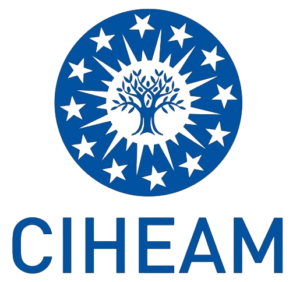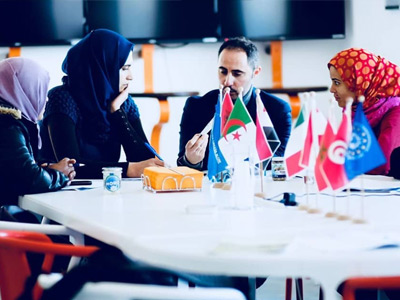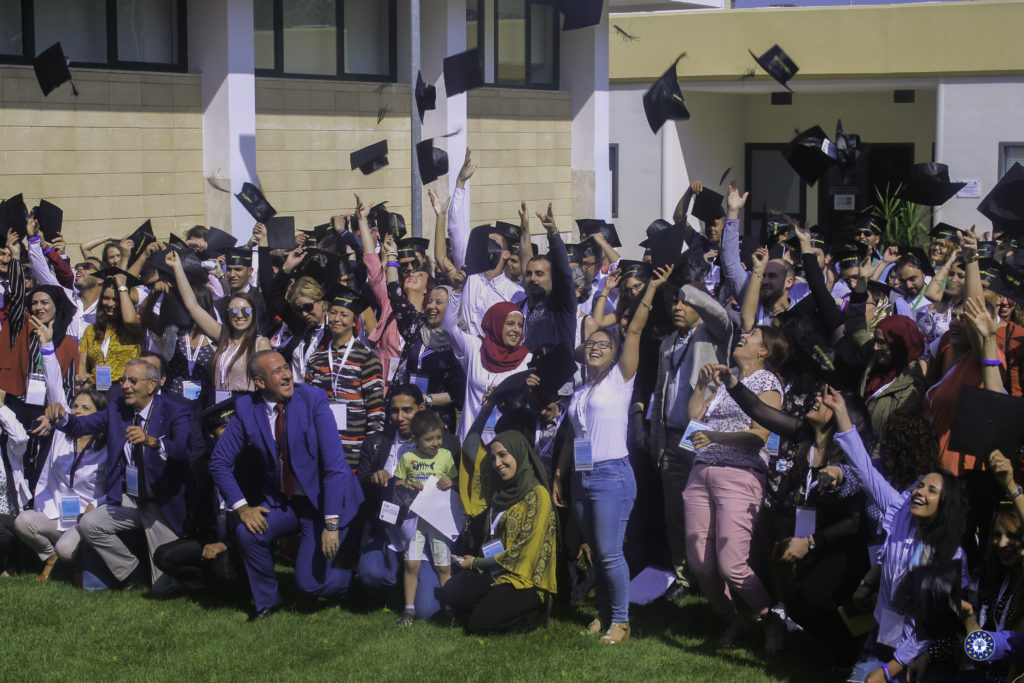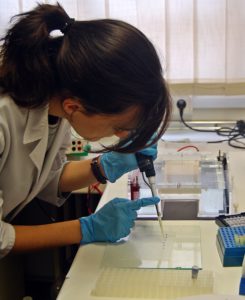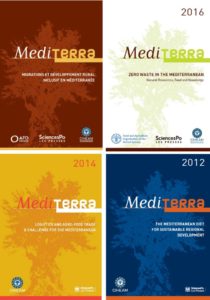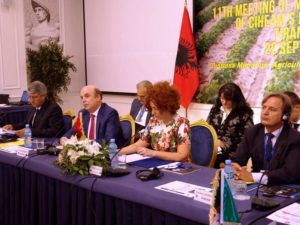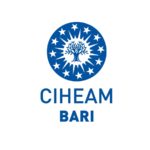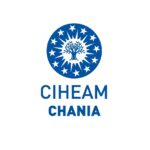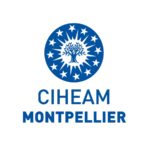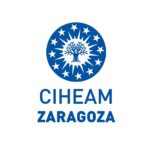
Resilient livestock farming systems under climate change
September 2022 - August 2027
Learn more: https://re-livestock.eu/
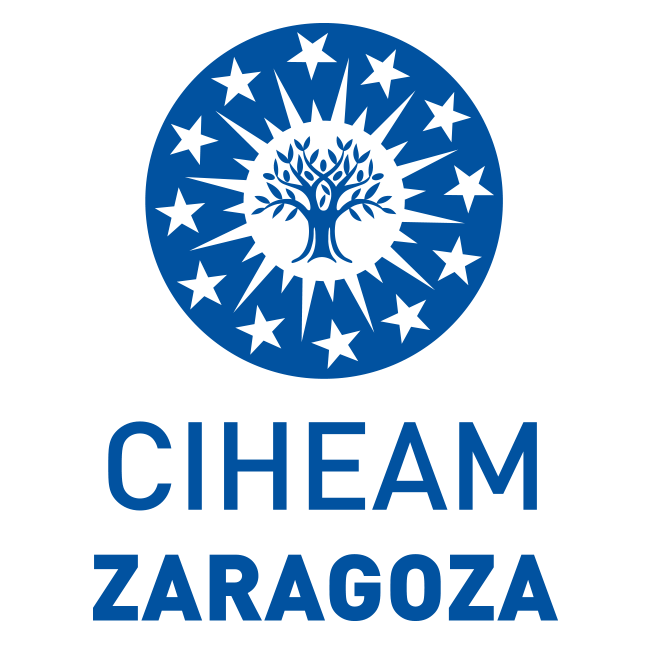
This project involves the CIHEAM Zaragoza Institute for communication and outreach activities
Project Summary
The overall objective of Re-Livestock is to evaluate and mobilize the adoption of innovative practices applied cross-scale (animal, herd, farm, sector and region) to reduce GHG emissions from livestock farming systems and increase their capacity to deal with potential climate change impacts. To reach our aim, Re-Livestock have brought together scientific expertise in Europe and Australia and across disciplines, including co-innovation, animal feeding, breeding, welfare, farm management, environmental and socioeconomic assessment and policy analysis, to develop novel and scientifically supported integrated approaches specific for different dairy, beef and pig systems and geographic regions in the context of climate change. Strong collaboration with industry stakeholders to identify the innovations and to co-design the validation will ensure relevance and maximize the adoption of best practices. National groups of farmers (case studies) and ‘stakeholder forums’ together with a ‘European multi-actor platform’ will allow for an engaged co-design of transition pathways whilst ‘learning from innovation networks’ will allow for the testing and sharing of latest innovative solutions. A ‘community of practice’ will extend the multi-actor approach to a broad range of stakeholders.
Re-Livestock is a 37-partner consortium whose main objectives are to improve the sustainability of feeding resources for livestock across European regions, to accelerate the development and application of new breeding tools and strategies to achieve permanent and timely reductions in GHG emissions and adaptation to climate change, to evaluate system specific farm-level husbandry practices to reduce net GHG emissions and increase adaptation to different scenarios, to refine and apply innovative holistic farm-scale environmental and socioeconomic assessment tools to enhance the adoption of the practices, to enable the resilience of livestock production systems today and in the future under different climatic scenarios from regional to global scale by adopting innovations based on circularity principles, to design action-based pathways for the transition towards resilient livestock farming systems and to understand the factors influencing the adoption and efficacy of mitigation and adaptation practices with multi-actor engagement.
Coordinator
Agencia Estatal Consejo Superior de Investigaciones Científicas (CSIC), Spain
Source of funding: European Union – Horizon Europe
Total budget: 11 996 408,00 €
Partners:
- Agencia Estatal Consejo Superior de Investigaciones Científicas, Spain.
- Wageningen Research (WR), the Netherlands.
- ALMA MATER STUDIORUM University of Bologna (UNIBO), Italy.
- Universitat Politecnica de Valencia (UPV), Spain.
- The University of Reading (UREAD), UK.
- Wageningen University (WU), the Netherlands.
- Scotland's Rural College (SRUC), UK.
- Forschungsinstitut für biologische Landbau (FIBL), Switzerland.
- Swedish University of Agricultural Sciences (SLU), Sweden.
- Aarhus University (AU), Denmark.
- Mediterranean Agronomic Institute of Zaragoza / International Centre for Advanced Mediterranean Agronomic Studies (CIHEAM-IAMZ), Spain.
- University College Dublin (UCD), Ireland.
- Università di Pisa (UNIPI), Italy.
- Consulai - Consultadoria Agro-Industrial, Lda (CONSULAI), Portugal.
- MV Agroecology Research Centre (MVARC), Portugal.
- Queen's University Belfast (QUB), UK.
- Potsdam-Institut für Klimafolgenforschung (PIK), Germany.
- Progressive Farming Trust Limited - The Organic Research Centre (ORC), UK.
- Aeres University of Applied Sciences (AERES), the Netherlands.
- CRV B.V. (CRV), the Netherlands.
- Landbrug og Fødevarer F.m.b.A.(L&F), Denmark.
- Universidad de Extremadura (UEX), Spain.
- AGROSCOPE (AGROS), Switzerland.
- Poznan University of Life Sciences (PULS), Poland.
- Pasture Fed Livestock Association (PFLA), UK.
- PigCHAMP Pro Europa, S.L. (PCH), Spain.
- University of Natural Resources and Life Sciences, Vienna (BOKU), Austria.
- Associazione Nazionale Allevatori Suini (ANAS), Italy
- Pig Improvement Company Espana, S.A. (PIC), Spain.
- Organización Interprofesional de carne de vacuno – Provacuno (PROVAC), Spain.
- Asociación de Raza Avileña-Negra Ibérica (AEANI), Spain.
- Instituto Regional Investigación y Desarrollo Agroalimentario y Forestal (IRIAF), Spain.
- Agrifirm Group BV (AGRI), the Netherlands.
- Barenbrug Holland BV (BH), the Netherlands.
- The University of Queensland (UQ) Australia
- Agribusiness Service B.V. (ABS), the Netherlands.
- DSM Nutritional Products Ltd (DSM), Switzerland.


